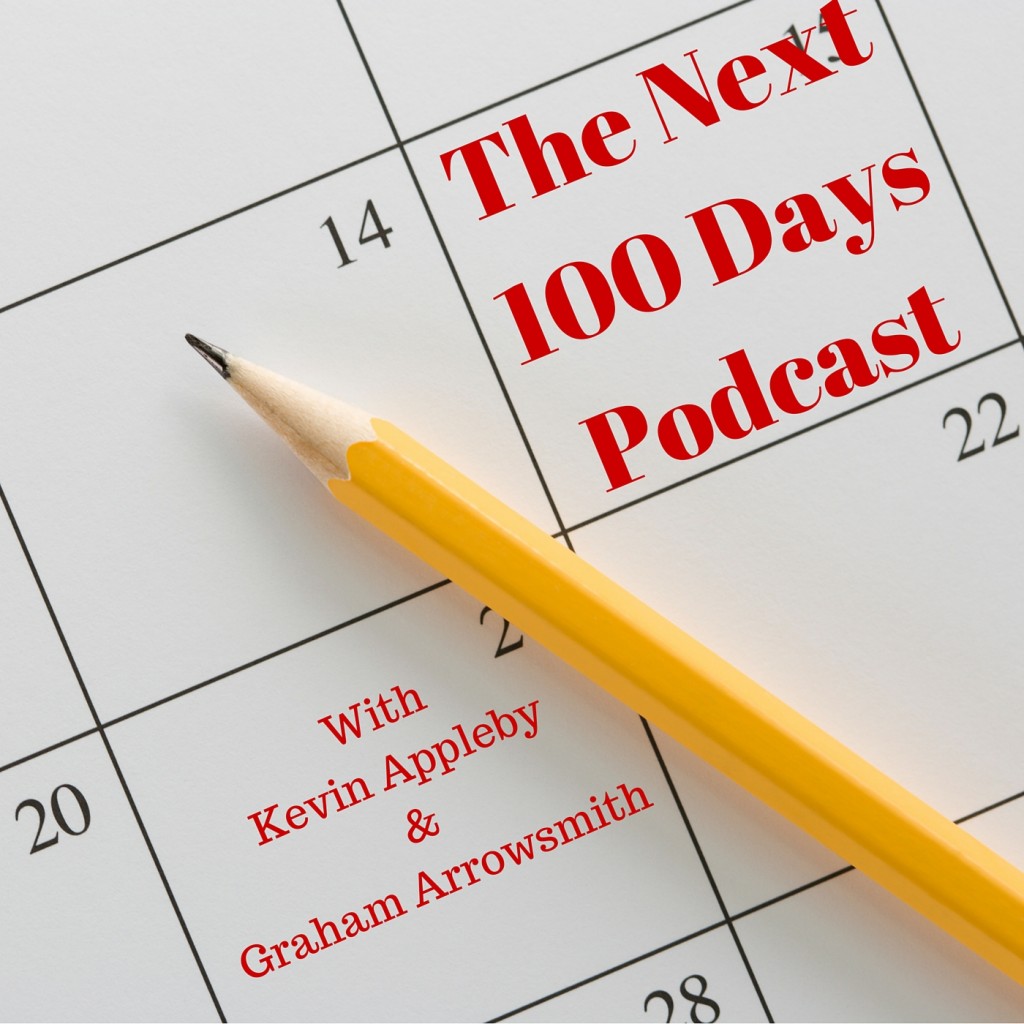People and Growth with Justin Leigh
Today we’re talking about people and growth with Justin Leigh. He’s had such a prestigious career. He worked for 3M for 18 years in various leadership roles. And, he retrained as an executive coach about 2 and a half years ago. Now, he has his own business for executive coaching, marketing leadership and business consultancy. It’s called Focus4Growth.

Where have you got to now?
Justin had previously worked with a coach, as a leader in 3M and recognised the value of it. Some part of it is just having someone to talk to about the business and to get clear on the strategy and the key actions you know you need to take. Coaches help you get traction on the growth initiatives you need to have in a business. Justin liked this experience and decided he would retrain to start a new career path.
He set up Focus4Growth with the tagline:
“grow your people, grow your business.”
It’s one of the things that he learnt early on. Moving from you generating and managing the growth to managing growth through a team is a delicate transition. Recognising that growing your people is how you grow your business is a really important distinction. People and growth are intrinsically linked.
What are your tips for business owners?
- Get clear where the business is going.
- Mission or purpose – why does your business even exist? Why is it important that the business thrives and succeeds? This question isn’t just for those who own the business. It’s important that teams connect with something bigger, because that’s where motivation comes from.
- Values – what are the principles, practices, standards, conducts that the business is run by and we expect workers to engage with and comply with?
Once you’ve got those three things in place, you can be really clear. As a result, you help your team get them engaged and on board with clarity.
So, how do you deliver the growth?
It’s really important to get the framework clear so that everyone knows what’s happening. Businesses need clarity.
But then, it’s about understanding what your business targets are. What are the performance priorities? Generally speaking, targets are lagging metrics. Metrics come after the work has been done. But the leading metrics are the key activities, opportunities and tasks that need to be accomplished to deliver the numbers.
Do we spend time with our teams so that, when they are having conversations, they’re asking the right questions?
What are the common problems you deal with?
It’s so varied. However, Justin remembers a key business he still works with. Though it was stable, it was quite erratic. Over a period of 2 years, with Justin’s help, they’ve been able to systemise and get everyone knowing where their place is in line with delivery to the client. They have managed relationship building so proactively that they have grown their business.
The main thing Justin has found is that, without some intentional target, businesses drift. Without accountability, motivation is difficult to maintain on our own.
People and growth: new times offer new perspectives for those in the relegation zone
One thing that is fundamental is a minimum monthly review with every one of your reports. Because, merely saying “I’ll see you at the end of your appraisal” generates poor performance since you’re not keeping up that contact. Scheduling regular 1 to 1 meetings to discuss objectives, support and development minimise the hiding space for poor performers.
If you make everything ‘woke’, you’re going to make changes that don’t sit well with your top performers. They’re wired differently to what you’re trying to channel them into.
Moreover, the top performers perform well when the leader is having regular contact with them. Business relationships become relational rather than business-like.
Remote working
Whether you’re remote working or working in any environment, a good start to the day is creating energy and clarity. Through an effective morning routine. A lot of the high performers will have a strong morning routine. Start each day with momentum. The ‘how’ is a personal choice.
Scheduling is also important. But this doesn’t have to be a strict timetable. Scheduling, for Justin, is about priorities and prioritisation. Most people write a to-do list and get cracking. But if you train yourself to get everything out on paper and then prioritise, you can start with what’s urgent and important. Review, asses, prioritise, act. Then you can schedule this prioritise into your diary, and then follow it as if they were business meetings – no swerving!
Some great tips there. And some great information on remote working and Justin’s business. What a fantastic guest. If you’re wanting to know more about Justin and his business, click here.




